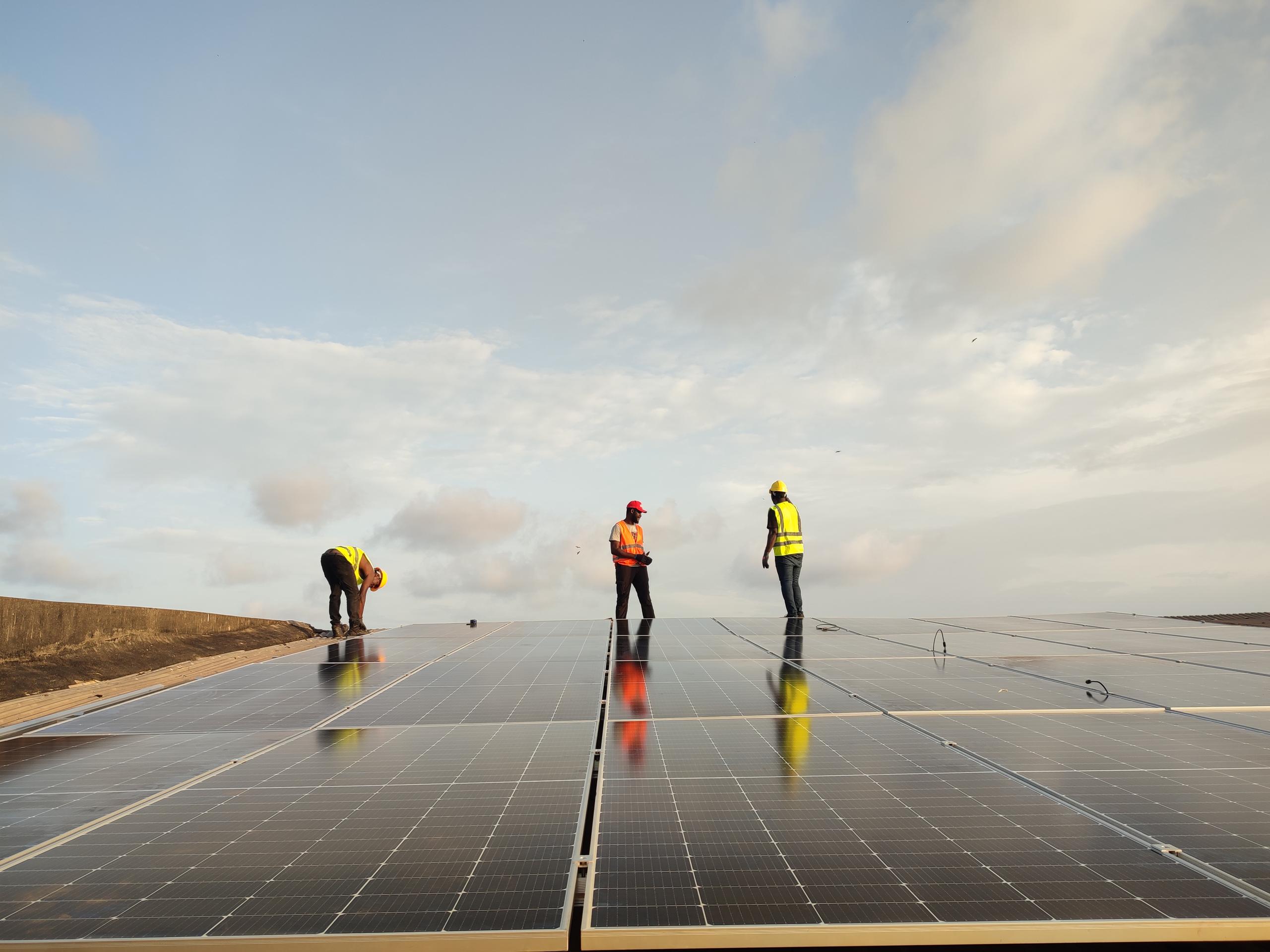
Why Solar is the Future of Energy in Africa: Ghana is No Exception
Published 1 year ago

Why Solar is the Future of Energy in Africa: Ghana is No Exception
Africa
is a continent blessed with an abundance of sunshine. With nearly 300 days of
sunlight in many regions, solar energy presents a unique opportunity to address
the continent’s growing energy needs. As populations expand and economies grow,
the demand for reliable, affordable energy sources continues to rise. While
traditional energy sources like fossil fuels have long been the backbone of
power generation, the tide is shifting toward cleaner, more sustainable
alternatives. Among these, solar energy stands out as the future of energy in
Africa and Ghana is no exception.
Solar Energy: A Bright Future for Africa
Solar
energy has several key advantages that make it particularly well-suited for
Africa’s energy needs. First, it is abundant. Africa receives more solar
radiation than almost any other region in the world. This means that solar
panels can produce significant amounts of electricity with relatively small
installations, even in remote areas where connecting to a central power grid
might be difficult.
Second,
solar energy is sustainable. As the world moves toward reducing carbon
emissions and combating climate change, solar power provides a clean and green
alternative to fossil fuels. Unlike coal or oil, solar energy doesn’t release
harmful pollutants into the air, making it a more environmentally friendly
choice for Africa's future.
Third,
solar energy is scalable. It can be deployed in small systems to power
individual homes or scaled up to provide electricity for entire communities,
businesses, and even cities. This flexibility allows solar power to be adapted
to a wide range of needs, from residential to industrial, making it an
attractive solution for Africa's diverse energy challenges.
Ghana's Solar Potential
Ghana,
like many other African nations, is experiencing rapid population growth and
urbanization, which has led to a surge in energy demand. As the country
continues to industrialize, the need for reliable and affordable energy becomes
even more pressing. While the government has made strides in expanding
electricity access, challenges remain, particularly in rural and underserved
areas.
Ghana’s
location in the tropics gives it significant solar potential. With an average
of 5.5 hours of peak sunlight per day, solar power is a viable solution to meet
the country’s growing energy needs. By investing in solar energy, Ghana can cut
energy costs, and create new jobs in the renewable energy sector.












